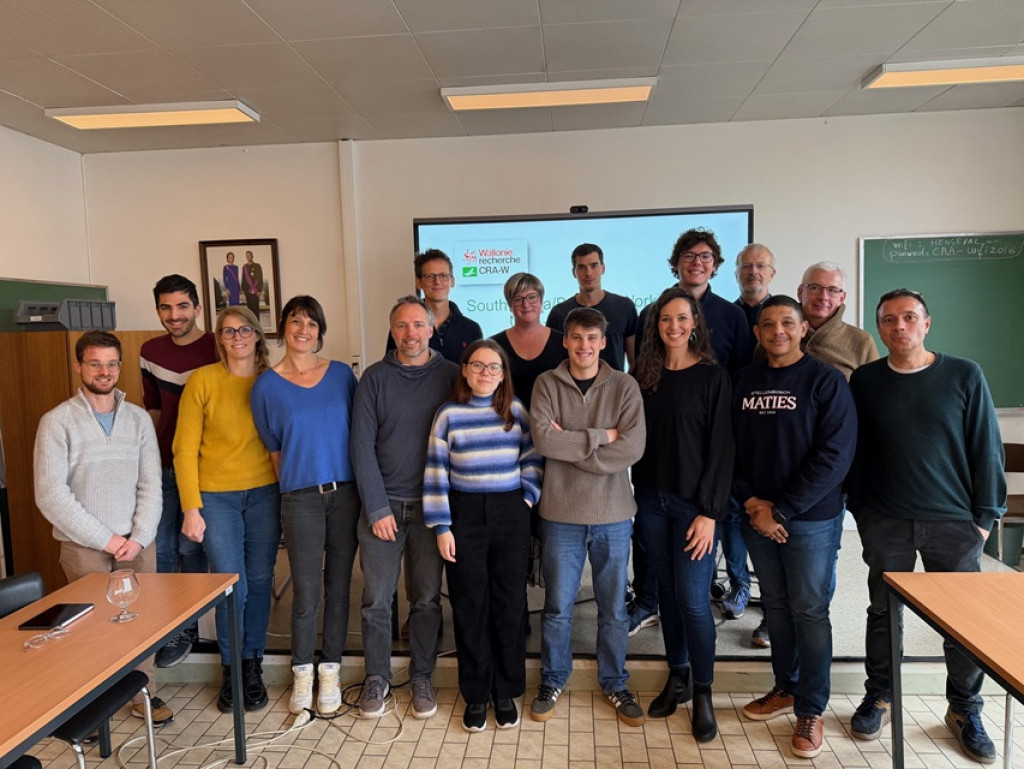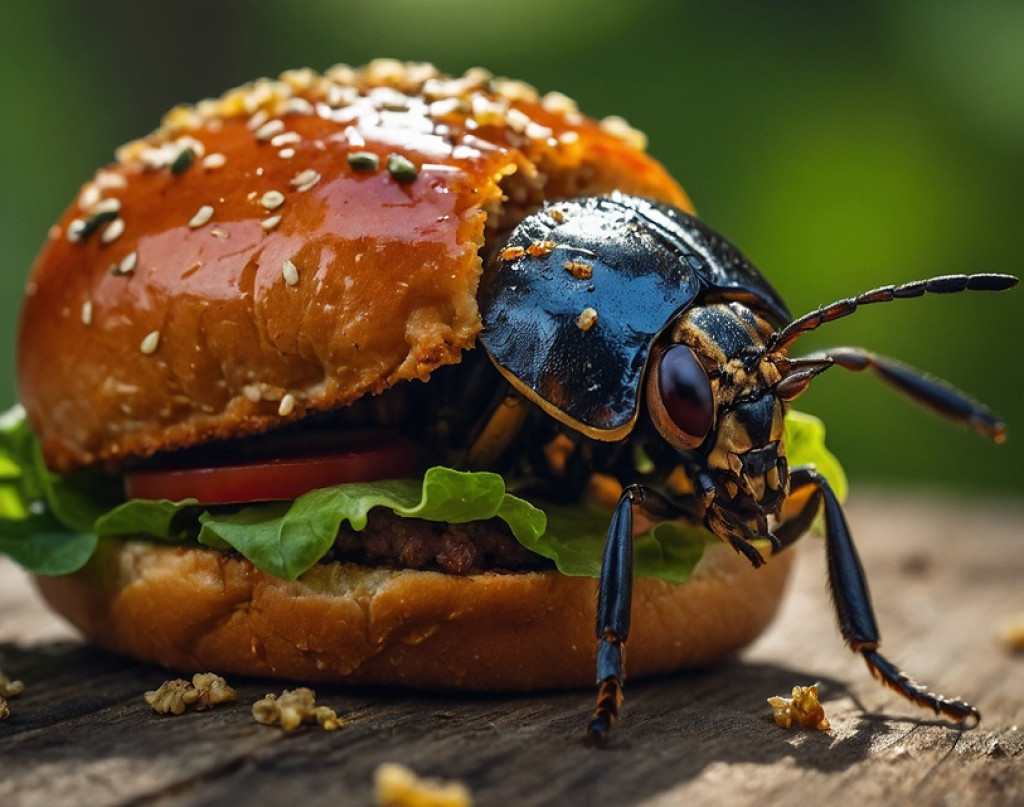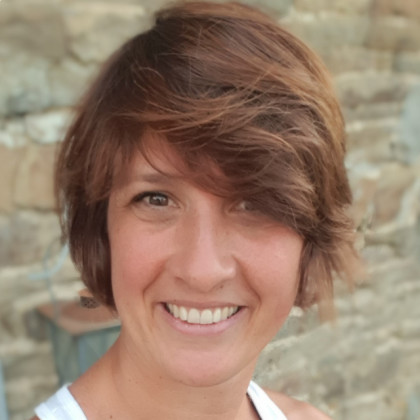Context
The Brazilian and Belgian coordination teams of this proposal are key players in the development of methods based on emergent spectroscopic techniques. The Department of Chemical Analysis of UNICAMP (Brazilian coordiantor) is pioneer of the spread of spectroscopic techniques in the Latin America continent and in advanced spectroscopic techniques such as Thz-TD (Terahertz - Time Domain), LIBS (Laser Induced Breakdown Spectroscopy) and analysis of gas by NIR (Near Infrared Spectroscopy) techniques. The Department of Valorisation of Agricultural Products of the Walloon Agricultural Research Centre CRA-W (Belgian/WBI coordinator) is one of the world leaders in the application of vibrational spectroscopy to the agro-food sector with more than 30 years of experience in the field. CRA-W is pioneer in the development of analytical methods based on advanced techniques such as NIR imaging and FT-Raman spectroscopic techniques, and has an established expertise in Chemometrics, specially its application to spectroscopic data. UNICAMP and CRA-W have decided to join their effort to set up an ambitious research and training program to apply emergent spectroscopic techniques to the quality control and traceability of fruits and fruits based products. The project will strengthen the scientific knowledge of the teams through the mutual acquisition of new knowledge and skills of emergent spectroscopic and chemometric techniques. The PhotonFruit proposal will be the backbone of national and international research initiatives that will be conducted by the research teams.
Objectives
The agro-food sector comprising all the actors in the food chain is facing deep and rapid changes. Due to recurring crises and the higher health concern of the consumers, there is growing demand for high quality, healthy and safe food products, as well as tools to assess efficiently traceability of food products. The main outcome of this justified demand is an increased need for appropriate techniques and methods to help producers, retailers and processors to keep control of their products. In the meantime, the agro-food sector is focused on setting up agricultural production systems having a small impact on the environment and respect specific to traditional practices (e.g. organic farming, integrated crop management). Within the agro-food sector, the fruit and fruits based products sectors are an important food segment both for Brazil than for Belgium. Indeed, the fruit industry in Brazil has a great potential of increase by delivering fruit and fruit based products with specific characteristics issued from its biodiversity and agro-biodiversity. While, Belgium has also opportunities to valorize its fruit collection issued from its agro-biodiversity and that should be used to develop products with specific features. Since decades, several research teams have developed and proposed new analytical solutions based on spectroscopic technologies to tackle the challenges facing the agro-food sector. The main advantages of the spectroscopic techniques are speed, ease of use, the reasonable start-up cost, the reduced impact of these techniques on the environment and the possibility of implementation in industrial production lines (in and on-line methods). Such implementation provides real-time analyses and allows the throughput of samples analyzed to be increased. The main weaknesses of these spectroscopic techniques are generally their lack of sensitivity (measurement of the most concentrated constituents) and lack of robustness (result instability when measurement conditions vary), the difficulty of extracting the relevant information from the spectra as well as the management of large databases and the small number of existing validation protocols. New technological developments allow to push a little bit more the analytical frontiers and should deliver future analytical tools that will support the development of fruits and fruits based products industry. UNICAMP and CRA-W have decided to join their efforts to set up an ambitious research and training program to apply emergent spectroscopic techniques to the quality control and traceability of fruits and fruits based products. The project will strengthen the scientific background of the collaborating teams through the mutual acquisition of new knowledge and skills of emergent spectroscopic techniques. The PhotonFruit project will be the backbone of national and international research initiatives that will be conducted by both teams.Les principaux objectifs de ce projet sont:
Scientific objectives :
Demonstration of the potential of emergent spectroscopic techniques for the quality control and traceability of fruits and fruits based products.
Operational objectives :
- Demonstration of NIR hyperspectral imaging to quality assessment of fruits
- Demonstration of NIRS gas analysis to the follow-up of fermentation
- Demonstration of Terahertz to the analysis of fruit juice sugars
- Demonstration of chemometrics for the data-treatment of NIR imaging, gas NIR and Th
- Implementation of an international collaboration between scientific institutions from Wallonia and Brazil
Expected results
The expected added-values will be at different levels:
-
For UNICAMP, to get expertise in NIR imaging and in chemometrics
-
For CRA-W, to get expertise in Gas NIR analsyis and Terahertz-Time Domain analysis
- For both teams, to use this acquired expertise in order to propose innovative methods for the quality control and traceability of fruits and fruits based products
-
For both team establish a network that will be the embryo of forthcoming international projects (e.g. Brazilian Ciências sem Fronteiras and European Horizon2020 programs)
This added-values will be formalized through:
-
Scientific publications
-
Organization of two seminars (one in Brazil and one in Belgium ) on application of emergent spectroscopic techniques to agro-food sector
- Two Post-doc fellowships
-
One PhD fellowship
-
Dissemination through oral presentations at the NIR2015 conference and other national and international meetings.
Partners
For this project, UNICAMP (Prof. Celio Pasquini, Prof. Jarbas José Rodrigues Rohwedder & Prof. Ivo Milton Raimundo Junior) will establish a Brazilian network with two other Brazilian universities: Federal University of Para (UFPA; Prof Hervé Rogez specialized in Brazilian fruits) and the groups at Campinas and Federal University of Pernambuco (UFPE; Prof. Maria Fernanda Pimentel Avelar, specialized in Chemometrics and Process Analysis).
Similarly, CRA-W (Dr. Ir. Pierre Dardenne, Dr. Ir. Vincent Baeten and Dr Juan Antonio Fernández Pierna) will establish Belgian/WBI network with the Catholic Univeristy of Louvain UCL: Prof. Yvan Larondelle having yet establish a collaboration with UFPA and CRA-W in the field of the valorization of Amazonian fruits and Prof. Tom Leyssens having yet established a collaboration with CRA-W on the field of chemometrics/process follow-up by spectroscopic methods.
CRAW off coordinator
• Universidade Estatual de Campinas, UNICAMP : Prof. Celio Pasquini, Prof. Jarbas José Rodrigues Rohwedder, Prof. Ivo Milton Raimundo Junior • Federal University of Para, UFPA; Prof Hervé Rogez • Federal University of Pernambuco, UFPE, Prof. Maria Fernanda Pimentel AvelarFunding
- WBI-CAPES









